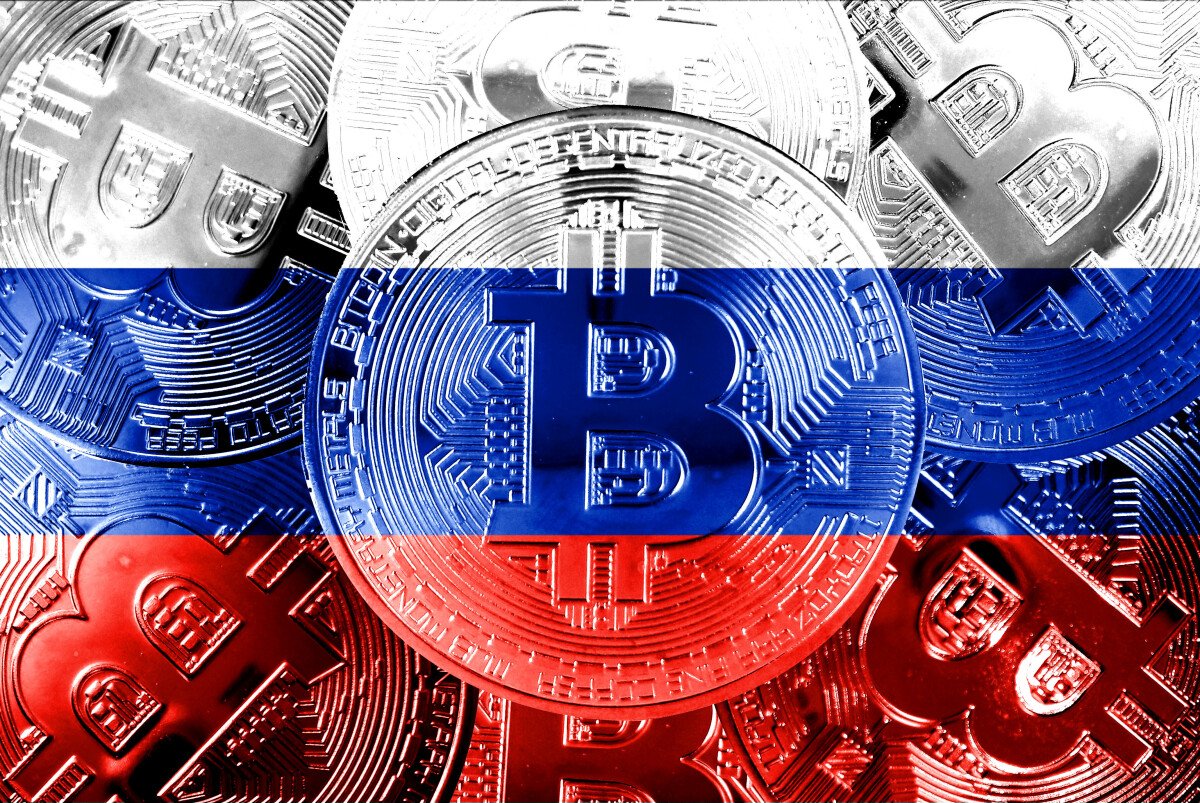[ad_1]

Huobi and KuCoin, two of the world’s largest crypto exchanges, have reportedly continued to provide services to customers of sanctioned Russian banks.
The exchanges, both based in Seychelles, failed to take proper measures in order to block traders from transacting with debit cards issued by sanctioned Russian banks, including Sberbank, on their peer-to-peer platforms, Bloomberg reported, citing research from the blockchain analytics firm Inca Digital provided.
Adam Zarazinski, CEO of Inca Digital, said in an interview Friday that this could be a violation of US and European sanctions. He noted that the transactions often involve Tether, a dollar-pegged stablecoin launched by Tether Limited, which has been facing significant regulatory scrutiny over the past years.
“Tether is frequently used by Russians to move money out of the country,” Zarazinski said. “It is absolutely used by these two exchanges in particular to provide crypto banking services to sanctioned Russian banks.”
KuCoin executives dismissed the report while Huobi advisor Justin Sun did not address the claim. “KuCoin does not support the withdrawal and deposit of the cards issued by Russian banks,” Johnny Lyu, chief executive officer at KuCoin, reportedly said.
The report also claimed the world’s largest cryptocurrency exchange, Binance, offers “multiple methods for Russians to convert local currency into crypto,” including via their over-the-counter trading desk and a peer-to-peer marketplace.
Binance denied the allegations. The exchange said it fully imposes KYC regulations, adding that it even “takes the extraordinary added step of filtering any forms of communication between users to ensure there is absolutely no potential nexus with Russian entities through any sort of workaround.”
Meanwhile, the report alleged that Singapore-based exchange ByBit allows users to convert Russian rubles into crypto using their peer-to-peer market and fiat deposit. Russians may also purchase crypto on the exchange after depositing fiat currency via an online digital wallet or a local bank card — including “any Russian-issued card.”
“Many of these exchanges officially curtailed their operations in Russia due to the imposed sanctions. They claimed to block users from Russia and to prevent them from opening new accounts,” the report states.
The report comes as Friday marked the first anniversary of Russia’s full-fledged invasion of Ukraine, a conflict that has since killed hundreds of thousands of soldiers on both sides and forced millions of Ukrainians from their homes.
Inca said it plans to release the report publicly soon in order to highlight the shortcomings of Washington’s attempts to cordon off Russian institutions and oligarchs from the broader financial system.
It is worth noting that a number of policymakers and officials had previously warned about possible attempts by Russia to evade sanctions using cryptocurrencies. In fact, high-profile US Democratic senator Elizabeth Warren even introduced a bill into US Congress to stymie Russian crypto transactions.
[ad_2]
cryptonews.com




